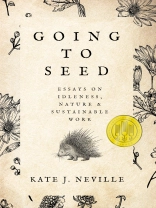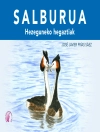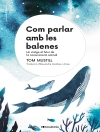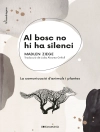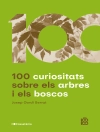An abandoned place, a disheveled person, a shabby or deteriorating state: we describe such ruin colloquially as “going to seed.”
But gardeners will protest: going to seed as idle? No, plants are sending out compressed packets filled with the energy needed to sow new life. A pause from flowering gives a chance for the seeds to form.
In a time of urgent environmental change, of pressing social injustice, and of ever-advancing technologies and global connections, we often respond with acceleration—a speeding up and scaling up of our strategies to counter the damage and destruction around us.
But what if we take the seeds as a starting point: what might we learn about work, sustainability, and relationships on this beleaguered planet if we slowed down, stepped back, and held off?
Going to Seed explores questions of idleness, considering the labour both of humans and of the myriad other inhabitants of the world. Drawing on science, literature, poetry, and personal observation, these winding and sometimes playful essays pay attention to the exertions and activities of the other-than-human lives that are usually excluded from our built and settled spaces, asking whose work and what kinds of work might be needed for a more just future for all.
Circa l’autore
Kate J. Neville is an associate professor in the Department of Political Science and the School of the Environment at the University of Toronto, where she studies global resource politics, energy transitions and technologies, and community resistance. When not in the city, Kate can be found in an off-grid cabin in the woods.
